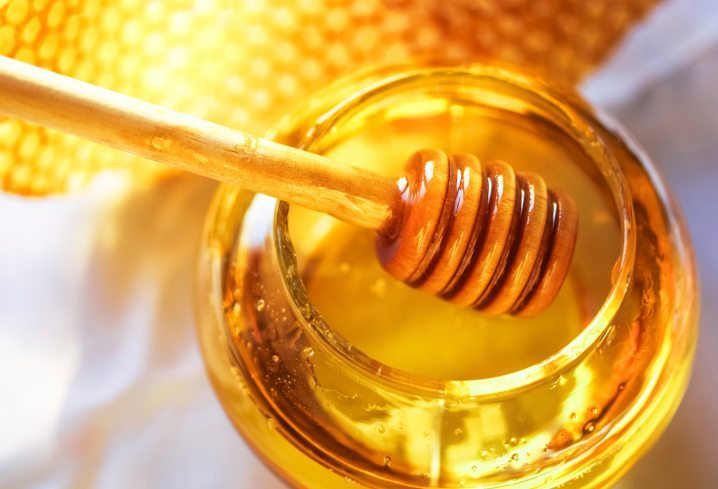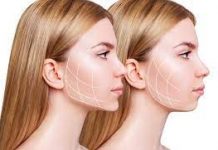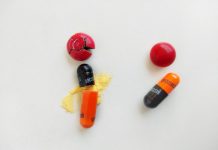
The days are getting longer, warmer weather is approaching, and allergies are about to peak. Over-the-counter (OTC) allergy medicine can be expensive and come with nasty side effects. Some of these medications take days to work; some don’t work at all. Wouldn’t it be easier if nature could just give us all a break and provide some relief this allergy season? Mother Nature might have answered our call. Natural remedies, such as honey, might help our allergies without the drowsy side effects of allergy medication.
Next time you want to swat a bee away, think about this: that bee is actually more than just a nuisance at your barbeque—it actually might even provide you some allergy relief. According to the website How Stuff Works, while bees are busy pollinating flowers, some of the pollen spores get stuck on the bees, and instead of being handed over into the pistils, the spores get carried back with the bees. Therefore, the pollen mixes in with the nectar inside the bees and becomes part of the honey-making process. While there is no official scientific statement that honey will cure your allergies, the theory does have some strong points: honey produced by local bees contain the same pollen spores that cause our allergies to act up; therefore, taking two teaspoons of honey per day injects our body with small amounts of the pollens to which we are allergic, which stimulates our body to fight against the pollens more effectively. Just like receiving a shot to stop the flu, it seems local honey jumpstarts our body’s fight against local pollen.
While this theory sounds impressive, nature still proves to be tricky. The United Allergy Services website points out that, while honey does contain plant pollen, it contains little to no other elements that cause our allergies, such as grass pollen. Since bees pollenate flowers, grass pollen is less likely to get into the honey combs, which means it is unlikely that those of us who suffer from grass pollen allergies will benefit at all from ingesting the honey. It is not impossible, though, that airborne pollens will make it into the honey, which makes this theory difficult to prove.
Verdict: False. According to medical research, this theory is false; however, many informal studies have proven to help many allergy sufferers. While it might work for some people, it is important to note that The United Allergy Service also explains that severe allergy-sufferers might actually be at risk by eating unprocessed honey because it can create an instant allergic reaction. Just to be safe, if you have allergies, be sure to check with your doctor before enjoying local honey. If you are cleared by your doctor, give it a shot, and enjoy some delicious local honey that might have positive health results!
How do you keep your allergies in check?
Photo via Thinkstock; H/T: United Allergy Services, WebMD









![Daily Bite [Make]: Philly Cheesesteak Stuffed Bell Peppers](https://dashofwellness.com/wp-content/uploads/2013/01/Philly-Cheesesteak-Stuffed-Pepper-Daily-Bite-1-100x70.png)

QUERCETIN is my go-to! It helps me stay SNIFFLE free both allergy and sickness/flu wise!! It’s a miracle, seriously!!! I always recommend it to everyone!